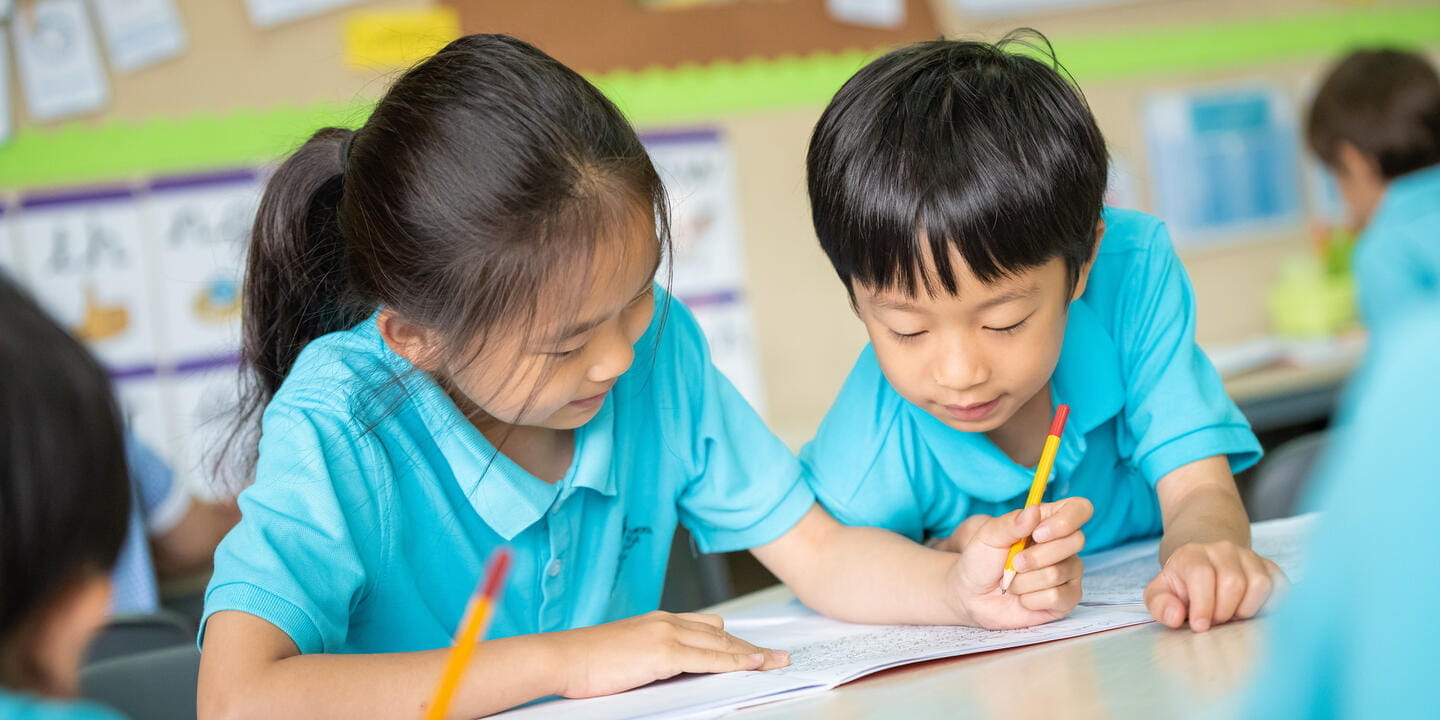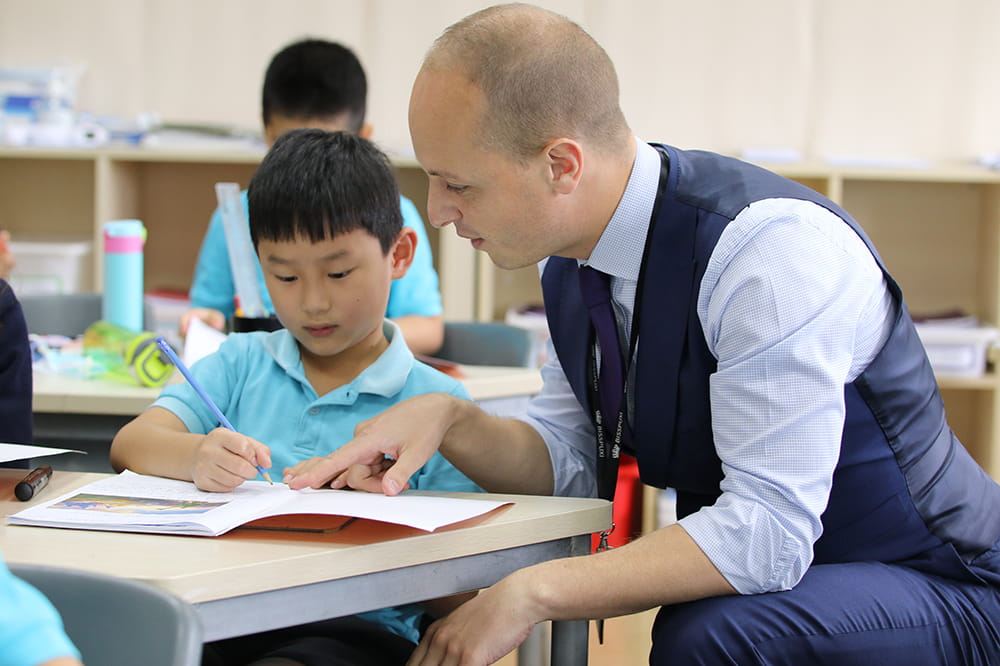We use cookies to improve your online experiences. To learn more and choose your cookies options, please refer to our cookie policy.
Open Days
Register for our Open Day!


Bilingualism and multilingualism are an asset, as learners actively use the languages they know to learn English: a valuable skill that learners, regardless of whether they are ‘New to English’ or not, bring with them. At BISS, we celebrate and utilise the use of their spoken language and ensure we build on it when acquiring English. We do this by ensuring children are translanguaging and mobilising multiple languages when accessing content, to empower student collaboration and participation. This also means that cognitive challenge is kept appropriately high and access to the curriculum is better.
Research indicates that the proficiency in English is the strongest predictor of academic achievement, (Strand and Hessel, 2018).
At BISS, we have a bespoke EAL programme of lessons which are tailored to meet the needs of all our learners. The Cambridge English curriculum is used throughout the school from Year 1 through to Year 6 and followed through in our Secondary School. It provides consistency and progression and an internationally-recognised Cambridge certification at each level. In recent years, our students have attained a 100% pass rate, with a significant number of children attaining grade A on The Cambridge English Scale, in the B1 Key for Schools (KET) exam.
Alongside the use of the Cambridge curriculum, we incorporate a 5-day planning structure for teaching EAL lessons allowing the continuation of the building blocks of the English language but also embedding cross-curricular themes. For example, teaching English as an Additional Language with Year 4 learners, the EAL topic on homes could include Romans and how they lived, as Year 4 are currently studying Romans as a History topic. Similarly, the food topic could incorporate which food the Egyptians ate and how it differs to food from around the world, building on the personal experiences of our diverse range of pupils. Thus, allowing learners to confidently develop competence in their English language proficiency through a context and ensuring children acquire oracy, reading, listening, and writing skills to enhance their potential within their mainstream lessons.
So, how do we ensure New to English Learners have access to the demands of the curriculum within ALL their lessons:
Alongside our EAL Programme, we run tailored Intensive English Lessons (IELs) for our New to English Learners who are in the early stages of their English language acquisition. These are one-to-one, or small group lessons which take place during the school day or ECA times. The lessons are designed to enhance the learning in the mainstream lessons and encourage the use of spoken interactions in a smaller group setting to allow children to build their confidence.
Peter Anderton is the Head of Primary at the British International School Shanghai, Puxi. Peter’s ethos is ‘everything for the children’ and this drives all his decision-making, which will ensure clear direction of progress within the curriculum and the wellbeing of our children.
Peter grew up in Solihull, England and gained a Psychology degree before completing his PGCE in Primary Education. He taught in Birmingham, Brunei and in Qatar and enjoyed the similarities and differences between the three countries.
His hobbies include cooking and reading and he is an avid follower of rugby union.